Senior counter-terrorism officers say policing resources are being reoriented toward defending democratic institutions and those who represent or report on them, as the threat from both extremists and hostile states continues to rise.
At a briefing at New Scotland Yard, Deputy Assistant Commissioner Jon Savell, the Senior National Coordinator for Protect and Prepare, told me and other journalists that they are devoting increasing attention to the “protective security of elected officials” and those targeted for their work in the public sphere. “Defending our elected officials, defending democracy through protection of our elected officials, whether that’s local councillors through to MPs, as well as those under hostile state threat, is a growing piece of work,” he said.
Savell said the same approach applies to journalists facing intimidation or reprisals linked to foreign states. “That includes those who are here in the UK, who are actively, mostly journalists, reporting on states that don’t like that to happen, and the threats that that generally involves,” he told reporters. “We are working to provide the ability for them to have safety here in the UK, and freedom of speech, which is absolutely vital in terms of our democracy.”
His comments came as Assistant Commissioner Laurence Taylor, the head of Counter Terrorism Policing, warned that the line between state threats and extremist activity is increasingly blurred. “You’re seeing those sort of criminal proxies being used by those foreign states,” he said, citing a Russian-backed arson plot in London.
“We’re also seeing significant increases in misinformation and disinformation, particularly where you look at the context of the environment in which we operate, how that is creating a more destabilised environment where extremist views are getting more traction.”
Taylor said this overlap between political extremism and state interference is fuelling a wider sense of division. “That state threat expands from everything to physical threats on the ground, to espionage and our real traditional spying by other states,” he said. “When you layer that with individuals influenced by extremist rhetoric, it creates more risk.”
Savell outlined how the protective-security portfolio now spans armed policing at airports, Parliament and diplomatic premises, as well as personal protection for public figures. “My particular role is divided,” he said. “I’m responsible for all of the armed protective security in London’s airports, Parliament, diplomatic premises and specialist protection, but also for protecting our elected representatives and others at risk.”
He said much of the work takes place behind the scenes, involving close coordination between the Home Office, MI5 and local forces, alongside intelligence and planning for different forms of attack. That includes hostile vehicle threats, chemical or biological incidents and cyber-enabled interference. “You can’t put a ring of steel around everything,” he said. “It’s about vigilance, planning and engagement.”
Taylor added that this focus on democratic safety reflects a broader principle within counter-terrorism policing. “Protective security is about defending our democracy and ensuring that all of the rights that people in our country enjoy are effectively protected,” he said.
Savell echoed that message, describing the role as both protective and symbolic. “Freedom of speech and the safety of those who exercise it are vital in maintaining who we are as a democracy,” he said.


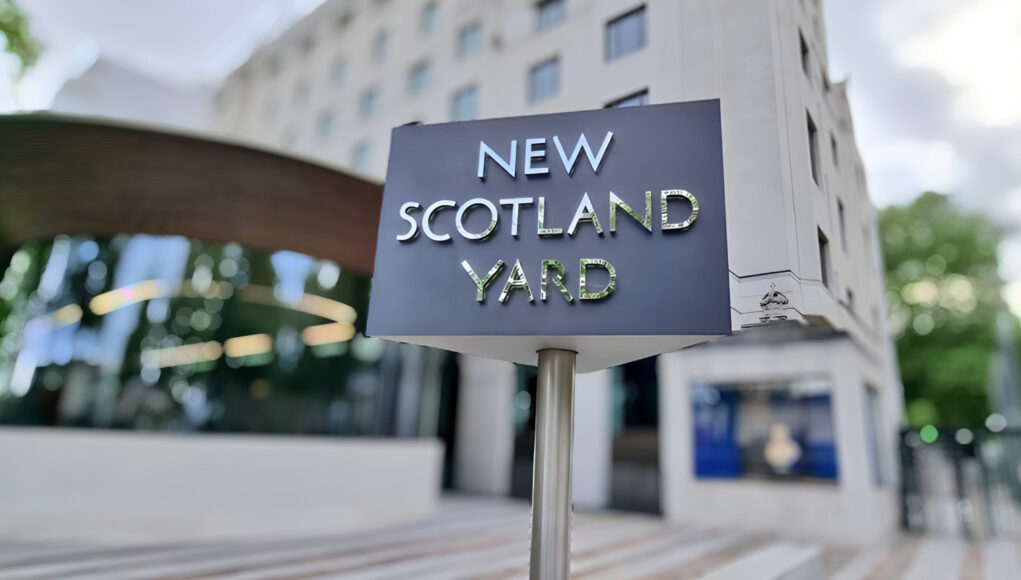

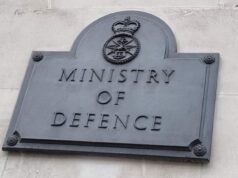




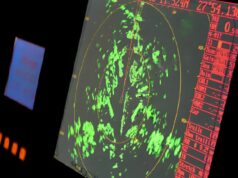
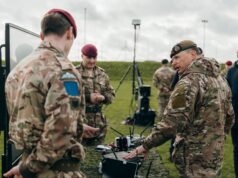

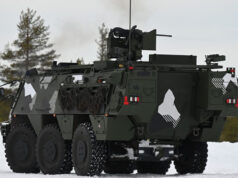

Took them long enough. Antifa and the pro hamas “ahem” pro palestinian crowd have been allowed to use violence against people they disagree with, for far too long
You know Antifa are an American, decentralised movement, right? They’re not a single group, and they don’t act as a single organisation.
What you’re doing is the equivalent of assuming that all Reform UK voters are going out inciting mass riots and hunting down minorities.
Parroting Trumpian rhetoric and attempting to import it into the British political culture exposes a lack of understanding and nuance in your views.
Oh so Antifa haven’t in the past disrupted lectures in uk colleges/universities that have hosted right wing politicians or activists?
I wish I lived in your little bubble
Which part of ‘Antifa are an American, decentralised movement’ did you not understand? They’re not an organisation, they’re a name that can be claimed by anyone. ‘Antifa’ haven’t disrupted anything, because Antifa isn’t a organisation. Protestors claiming the name (or in some cases, being given the name by observers) do not represent all anti-fascists.
As an aside, you do know that right-wing protests also do the same things you’re complaining about – for example, preventing access to education? E.g, in the right-wing riots during summer last year, rioters set fire to a public library.
You talk about bubbles, yet seem to fail to recognise that you are existing in one of your own bubbles.
But the average citizen’s protection and freedom of speech can go fuck themselves, apparently.
What restrictions are there on your free speech? I’d love to know how you think you’re being censored.
Clearly not given you’ve just been able to post that 🤷🏻♂️
Not so it seems. The DT reports that a gentleman named Patrick Lee has recently won an employment tribunal case. The view that Islam is problematic and should be criticised is a protected belief under equalities law, a judge has ruled. Seems to me this is a wise judgement. One is free to criticise the philosophy, theology, logic or politics of Islam ( or any other organised religion) but not free to abuse the people who follow that religion. There is a case for including debating skills in the school curriculum.
Of course, the protection is reserved for those who caused the chaos and imported those most likely to commit the violence in the first place.
Well said